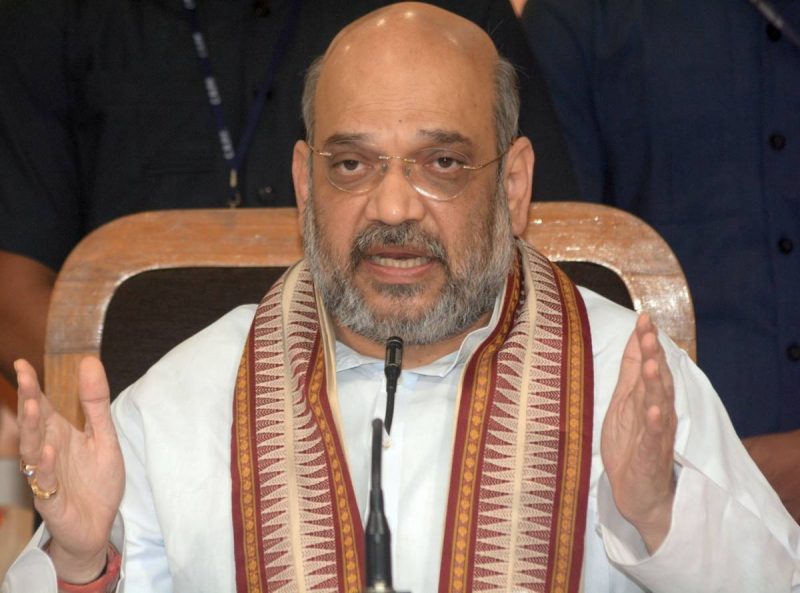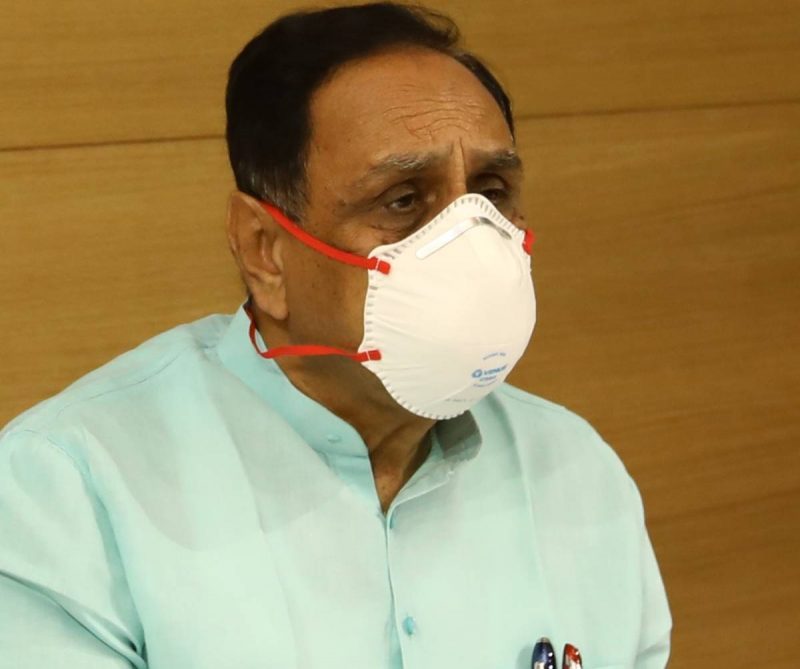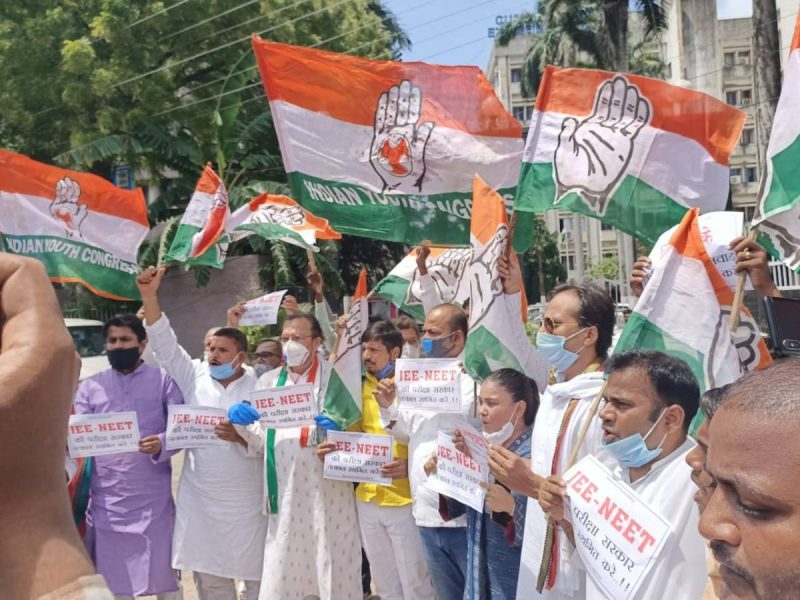Indian science meet in Goa steals Isaac Newton’s thunder…writes Mayabhushan Nagvenkar
After suggesting that the Pythagorean theorem had its roots in India, scientists at a national science conference now appear to have stolen Isaac Newton’s thunder too.
 One of the takeaways of the three-day Vigyan Bharati Sammelan, which ended here earlier this week, was a public revelation that centuries before the British scientist and thinker evolved his mathematical ‘power series’ — also known as the Newtonian Series — an Indian mathematician from Kerala had already beaten him to it by several hundred years.
One of the takeaways of the three-day Vigyan Bharati Sammelan, which ended here earlier this week, was a public revelation that centuries before the British scientist and thinker evolved his mathematical ‘power series’ — also known as the Newtonian Series — an Indian mathematician from Kerala had already beaten him to it by several hundred years.
The event saw a large participation from the central government’s research departments, including those working under the defence ministry.
Speaking to a select group of journalists while summing up the event, national organising secretary of the event Jayant Sahasrabuddhe said there were moves internationally to jointly credit Kerala mathematician Madhava along with Newton for their identical mathematical treatises.
“Madhava was a great mathematician and it was very much clear through his historical text that all those things which are now being attributed to Newton was already being done by Madhava,” said Sahasrabuddhe, an alumnus of the Indian Institute of Technology in Mumbai.
“So now people are realising that maybe such theorems, maybe such postulates which are nowadays attributed to many Europeans, they were already existing in our country,” he said.
While Newton was born in the 1600s, Indian astronomer and mathematician Madhava was born in Thrissur, Kerala in the mid 1300s.
The Sammelan, which had scientists from across 24 Indian states and was attended by several thousand people over the three days ending Sunday, had four union ministers including Defence Minister Manohar Parrikar as well as Goa Chief Minister Laxmikant Parsekar as chief patrons.
Sahasrabuddhe also said ancestors of modern day Indians had used the principles of the Pythagoras theorem to perform yagnas, long before the Greek scientists came up with the Pythagoras theorem.
“Many people can relate to many things that Pythagorian theorem, it was already there when our ancestors… they used to have ‘yadnya vedikas’ for performing yagnas so they used to make use of the Pythagorian theorem,” Sahasrabuddhe said.
The Sammelan was aimed at creating awareness about ancient Indian sciences and bridging traditional scientific knowledge with modern sciences.
Seeking to draw inspiration from the past, the event also discussed several contentious scientific achievements from ancient India, which included an alloy composition from the pre-Mahabharata period which could make aeroplanes disappear.
“Bharadwaj rishi (sage) has mentioned that if we can have planes which can disappear, that alloy can be used and C.S.R. Prabhu was successful in preparing that particular alloy in modern laboratory. So he is going to come and actually demonstrate that alloy which absorbs 80 percent of the light which falls on the surface,” Sahasrabuddhe told IANS recently.
He said the ancient alloy could help planes duck radars. Prabhu was one of the key speakers at the event.
The conference also saw the exhibition of Akash, Brahmos missile models, the Arjuna battle tank, 3-D radars, bomb disposal robots, Mangalyan and Chandrayan models – all exemplars modern India’s scientific and technological achievements.









